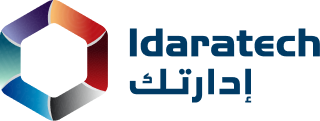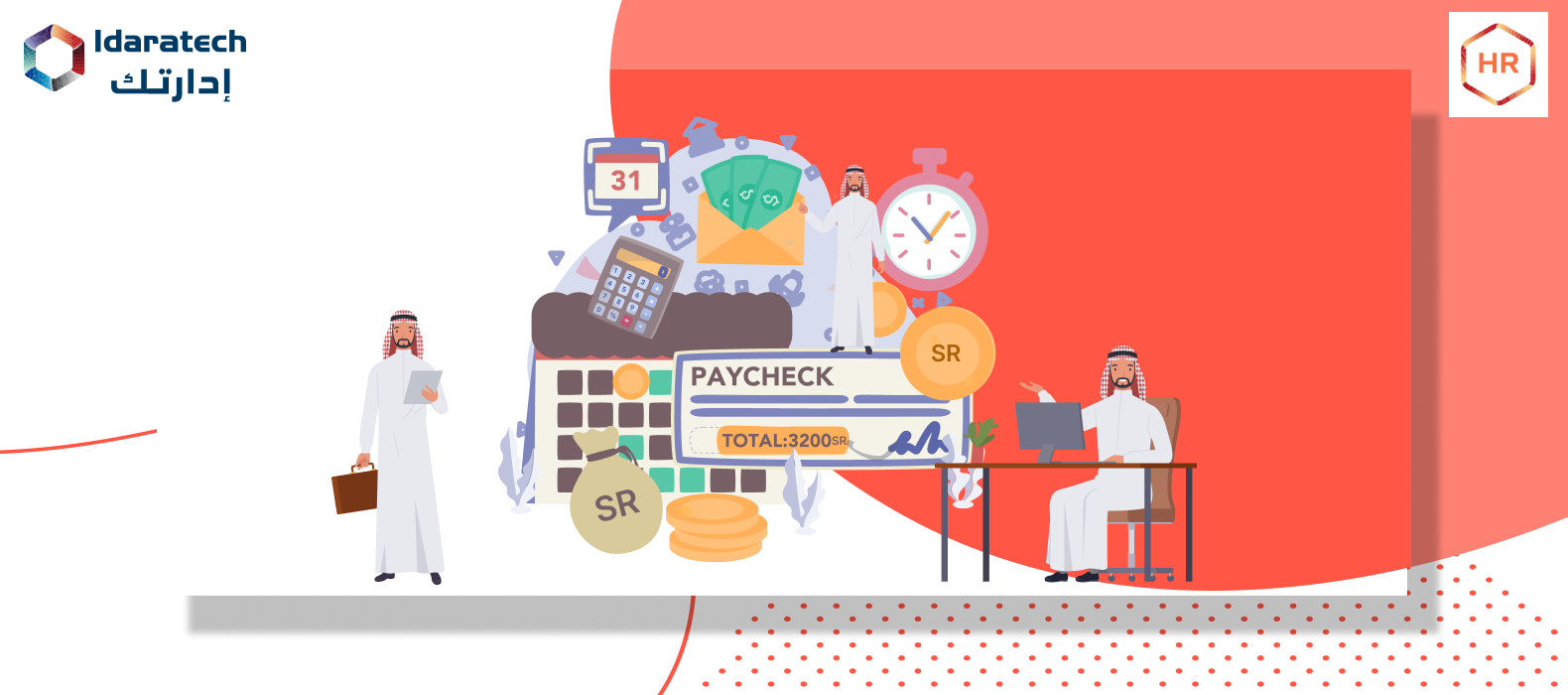In a business, the job of HR is well-defined, but what about payroll management?
The first person who springs to mind when we think of payroll management in an organization is a finance specialist, but what if I told you that HR has more to offer than what a finance specialist evaluates? A finance specialist and an HR specialist are responsible for payroll management.
An extensive compensation management structure is built by examining employee expenses and performance by HR payroll. But placing payroll management under HR puts an enormous burden on their already overburdened shoulders. This is considerably resolved by HRMS payroll. Like all software, payroll software helps reduce your efforts while increasing efficiency.
Numerous duties that would otherwise require a specialist in both finance and HR can be performed with the help of payroll in an HRMS. In addition, such an online payroll method greatly reduces the need for physical interference.
This blog covers detailed information on payroll management in HR, the benefits of payroll management in HR, why payroll systems are essential for Business and other payroll information.
What is Payroll management in HR?

An employer can track their employees’ salaries using a payroll management system. The salary structure includes the following: salary, allowances, deductions, and net payments to employees. It also manages the process of producing pay stubs. Payroll software can automate complex calculations that were previously performed manually.
Performance management keeps track of each employee’s performance data. As a result, it helps businesses get a detailed image of the performance and competencies of their employees, enabling management to plan training by each employee’s needs and expectations. This kind of staff performance review can be quite helpful for planning and general productivity improvement.
The HR Payroll System helps businesses decrease the number of employees who manually track attendance, salary, working hours, and income taxes. Payroll activities that are repeated frequently may get monotonous, resulting in a mistake. Therefore, it is always a good idea to streamline the procedure to ensure that accurate data is available. Systems for managing HR payroll help businesses lower payroll errors.
Why is the Payroll System in Human Resource Management Essential?

Considering that everyone in an organization is employed to earn a living, payroll is the procedure by which employees receive their paychecks. If they do not receive their salary on time, most employees in any workplace are likely to quit. Because they work closely with those hired and determine each employee’s pay, bonus, and incentives, some companies consider payroll part of the human resource management division. The HR department and payroll are intertwined, and one depends on the other for the smooth operation of the Business.
Simply put, HR personnel are the first to field fundamental inquiries from interviewees about whether pay is issued on schedule, what types of deductions are made from the compensation, whether attendance is factored into the pay package, and how quickly payment problems can be corrected. Therefore, the HR department is responsible for persuading a potential employee to accept the position, making it unquestionably a vital aspect of the department. In addition, job seekers frequently inquire about the employee benefits provided by the Business, but the fact is that wellness programmes do not establish the credibility of the company; rather, timely payments of pay packages do.
Payroll is closely related to the HR department in terms of not only paychecks but also raises, deductions, bonuses, benefits, firings, and resignations. The data is private, and the payroll administration and human resources systems handle it similarly. Additionally, even though they are not directly at fault, human resource professionals find themselves in an undesirable situation in the event of payment delays.
Sometimes manual errors that affect paychecks might cause chaos in the department. As a result, many businesses no longer manually handle payroll but rely on dependable payroll management system software. The programme is typically simple to use and comprehend. One of its strong aspects is accuracy, which is adaptable. Most also have a history of compensation adjustments, which is crucial for keeping accurate employee records. Every Business can also input legal notices specific to their organization into the system, which helps with payroll preparation. The software calculates flexible payouts like travel and overtime on its own and applies them while producing the pay heads in the programmes.
Benefits of Payroll Software in HR- for a better future!

1. Managing performance
Every employee’s performance information is tracked through performance management. The management may therefore schedule training by the needs and requirements of each employee because they have a comprehensive understanding of the performance and skills of their workforce. Planning and increasing productivity can benefit greatly from this kind of employee performance assessment.
2. Accuracy
Payroll processing errors can be minimized or even eliminated with the help of an HR management system. To obtain more precise statistics, use the payroll procedure. It is simple to resolve the consistency. It will only offer pertinent and trustworthy payroll data, minimizing inefficiency.
3. Simple to Process
It simplifies the tasks. Since it has software, very little input is necessary to obtain the data needed to calculate wages, identify taxes, and pay taxes to the government. It also provides financial records that include bonuses, deductions, and net pay. The employer must keep track of these documents and record them for potential future references or verification.
4. Process optimization
By using HR Payroll Systems, employers can decrease the number of employees manually maintaining records related to attendance, pay, working hours, income taxes, etc. However, repeating payroll activities frequently might occasionally cause boredom and inaccuracy. The procedure should, therefore, always be optimized to ensure the availability of accurate information.
5. Reduce Stress With Year-End Reports
There are so many sub-tasks involved in year-end reports, from balance sheets to auditors’ reports, that no one enjoys them. However, the fiscal year’s end, data migration, and tax filing are all made simpler by HR payroll systems. In addition, to keep track of your spending and make adjustments to your budget for the future year, you may also automatically produce reports.
Things that why you need a Payroll system and Human Resource Management for your Business

The greatest payroll and HR systems can close important gaps, but is that a sensible investment for your Business? To gain support from the workforce and obtain money, you must present a compelling business case. More specifically, you should list all the advantages it can give your remote work teams in the actual world. Here are a few justifications for why every Business must start using human resources payroll calculators immediately.
1. Enhanced Data Security:
Improving data security is among the most compelling justifications for purchasing payroll software. To prevent intrusions, most systems have multiple security safeguards in place—user authentication, firewalls, and encryption. As a result, you don’t need to be concerned about printed payroll paperwork or, for that matter, direct deposit bank information getting into the wrong hands. It would help if you asked software vendors to confirm the data security protocols. Please include it in your software RFP so vendors can detail their data security procedures in their proposals.
2. Improve Performance Management:
There are numerous things to complete when working in human resources management. You must keep track of job descriptions, start employee training, carry out annual evaluations, and spot patterns in employee performance and behaviour. And that’s only the very beginning of the HR issue. You can automate this process and manage team performance more effectively with payroll and HR software. For example, you can check how many employees have worked above their weekly maximum capacity, or how frequently they’ve called in sick.
3. Boost Employee Morale:
Personal time trackers and dashboards are features in most HR payroll solutions. As a result, employees receive a thorough summary of their daily task performance, attendance data, and pay status. In other words, they are more likely to stick with your company and have greater control over the process. Because everything is clear, the appropriate payroll systems can raise employee morale. Additionally, methods for managing attendance and hourly clocks avoid burnout.
4. Streamline the Recruitment Process:
The correct HR payroll solutions can simplify the hiring process because they automate many tedious procedures. For example, the new employee can enter their information before clocking in. Additionally, they can request documents, update financial information, and locate records in the system archive. For instance, customers can easily download and complete the required tax or benefit forms.
Conclusion
Any organization can benefit from payroll software, which streamlines the HR and payroll processes. Additionally, it improves system performance and lowers the likelihood of errors occurring when the payroll system runs. The best HR Payroll Management software should be highly safe because it contains data about your company and its employees.
FAQs
Question 1: Is payroll an HR or finance function?
Because it involves handling employee compensation, it falls under the purview of human resources. However, it will require participation from other departments, including finance, administration, canteen/meal supplier, transportation, etc.
Question 2: What are the advantages Of A Payroll Management System?
The top advantages of a payroll management system are listed below.-
- automating tasks connected to payroll
- Non-faulty calculations
- a time and money-saving tool
- 100% data security
Question 3:What component of payroll is the most important?
The top two most significant components of payroll are as follows:
- Accuracy: A single error can have a wide range of effects, from a disgruntled employee to significant losses for the company that are frequently measured in millions of rupees.
- Compliance: Any payroll system should follow laws and ordinances, including those governing income tax, EPF, and other issues. Noncompliance can lead to the corporation paying fines as well as a host of other problems.
Question 4: What Are The Best Payroll Management Software Alternatives?
The payroll administration software must be affordable and include all the essential components for accurate payroll calculation. Deductions, leave policies, and other regulations for payroll auto-calculation should all be programmable. Most significantly, the payroll management system needs more security to protect the data of your employees.

